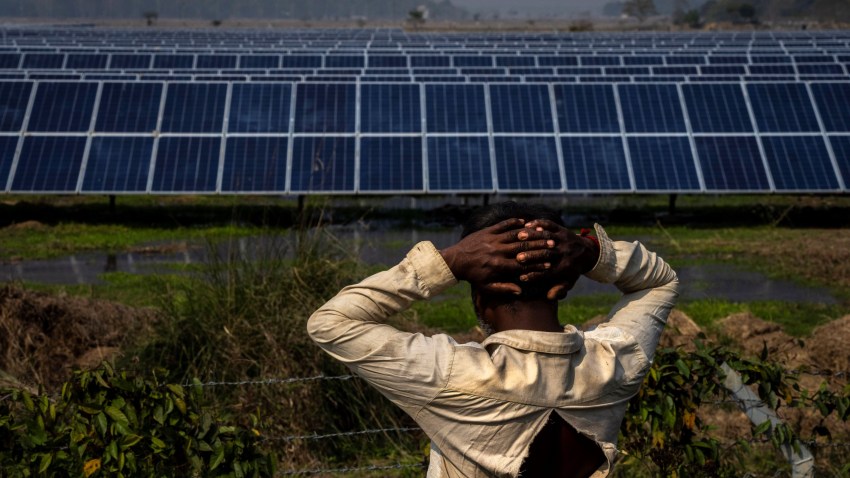Since he first ran for the White House, former U.S. President Donald Trump has been an outspoken critic of efforts to promote sustainability as a response to climate change. During his tenure, the U.S. withdrew from the Paris Agreement, with Trump claiming that the climate crisis was a “hoax.” In his bid for a second term in this November’s presidential election, Trump has continued to downplay the seriousness of the environmental crisis and the United States’ role in creating it, while promising to abandon efforts to reach a Green New Deal and criticizing the transition to electric vehicles.
Trump’s position is at odds with the consensus among climate scientists, as articulated in reports from the United Nations’ Intergovernmental Panel on Climate Change, which advocates for urgent action to limit global warming to 1.5 degrees Celsius by the end of this century. Though some politicians and scholars have characterized Trump’s position as skeptical or denialist, his rhetoric clearly resonates with certain segments of U.S. society.
Nor are their concerns exclusive to the United States. Rather, they echo sentiments shared globally. Similar to Trump, other populist leaders worldwide have used comparable narratives to appeal to Indigenous communities and business sectors that feel either neglected or disproportionately affected by measures implemented to transition to a more sustainable model of development. In the Netherlands, for example, the Farmer-Citizens Movement party, or BBB by its acronym in Dutch, became the largest delegation in the Senate last year, just five years after its formation. Its success was in large part due to its ability to recuperate grievances among farmers over measures introduced to reduce nitrogen pollution, including the measures’ high costs for the agricultural sector and significant impact on farmers’ daily practices.

